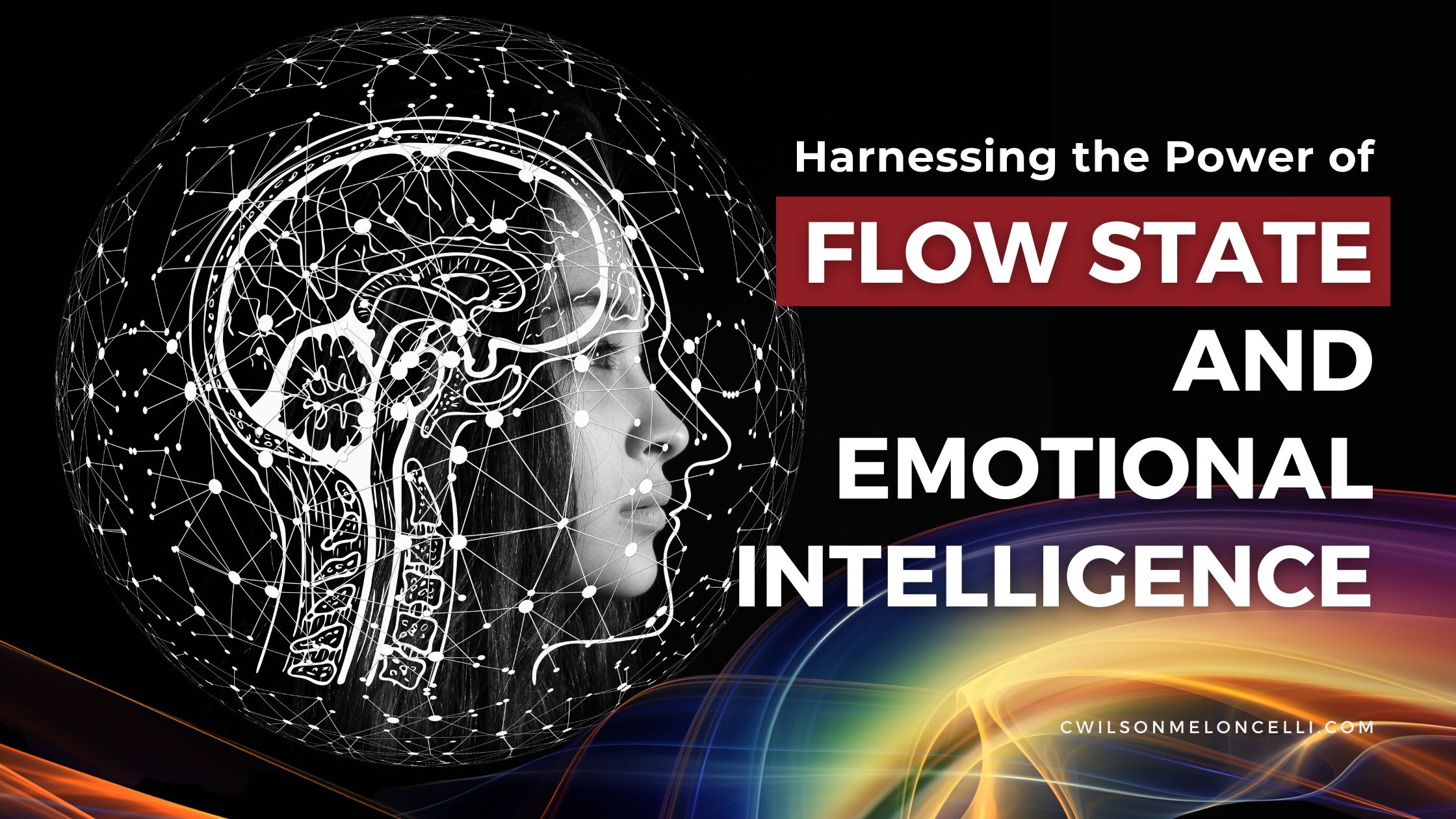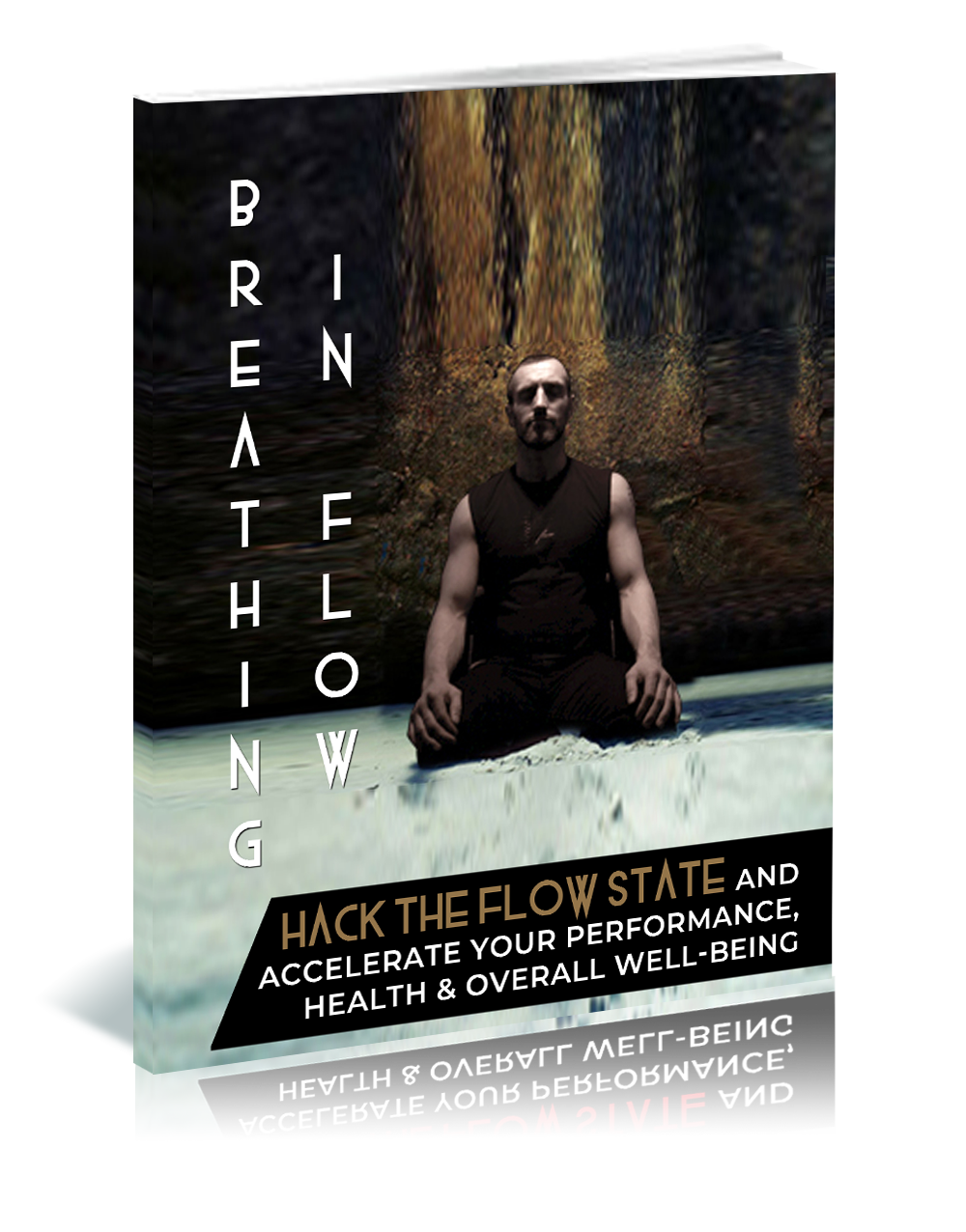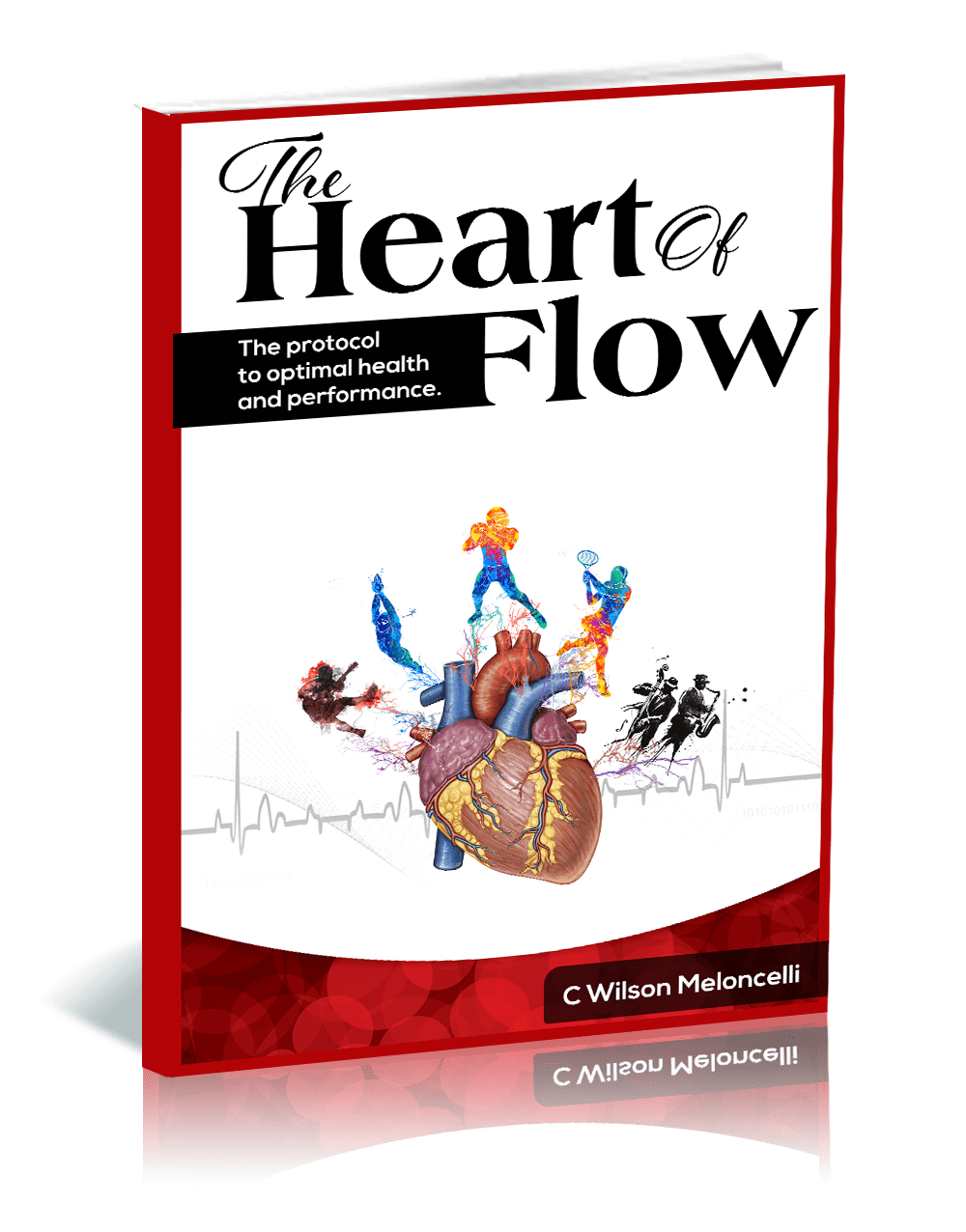
In the vast landscape of human psychology, two concepts have emerged as pivotal to understanding optimal performance and interpersonal success: the Flow State and Emotional Intelligence (EI). While both are distinct in their definitions and implications, they intersect in intriguing ways, influencing personal growth and effectiveness. This article delves into the intricate relationship between Flow State and Emotional Intelligence, shedding light on how they intertwine and enhance one another.
Grasping Emotional Intelligence
Emotional Intelligence, a term popularized by psychologist Daniel Goleman, refers to the ability to recognize, understand, manage, and effectively use emotions in oneself and others. It encompasses skills like empathy, self-awareness, and emotional regulation. Goleman asserts, "Emotional intelligence is the sine qua non of leadership."
The Intersection of Flow and Emotional Intelligence
- Self-awareness and Flow Triggers: One of the core components of EI is self-awareness, which involves recognizing one's emotions and their effects. This awareness can help individuals identify activities that induce Flow, allowing them to engage in these activities more intentionally.
- Emotional Regulation and Sustaining Flow: Emotional regulation, another facet of EI, is crucial for maintaining the Flow State. Distractions, including negative emotions, can disrupt Flow. Those with high EI can manage and navigate these emotions, ensuring they remain in the zone.
- Empathy and Group Flow: Group Flow, experienced in team settings, is enhanced by empathy, a key component of EI. Understanding and resonating with team members' emotions can lead to synchronized efforts and collective immersion in tasks.
Studies Highlighting the Connection
- Flow and Emotional Clarity: A study by Peifer et al. found that individuals who possess emotional clarity, an aspect of EI, are more likely to experience Flow. Recognizing and understanding one's emotions facilitates immersion in activities.
- Team Dynamics and Group Flow: Research by Druskat and Wolff suggests that teams with high collective EI experience better collaboration and are more likely to achieve Group Flow, leading to optimal performance.
Benefits of Merging Flow and Emotional Intelligence
- Enhanced Performance: Both Flow and EI have been linked to improved performance in various domains, from academics to professional settings. Their combined influence can lead to unparalleled results.
- Improved Relationships: High EI can foster better interpersonal relationships. When combined with the collaborative aspects of Group Flow, this can lead to harmonious team dynamics and personal connections.
- Personal Growth: Engaging in activities that induce Flow, armed with the insights of EI, can lead to profound personal growth. Individuals become more attuned to their passions, strengths, and emotions.
Cultivating Flow Through Emotional Intelligence
- Mindfulness Practices: Mindfulness, a form of meditation, can enhance both Flow and EI. By practicing present-moment awareness, individuals can improve emotional clarity and increase their chances of experiencing Flow.
- Emotion Journaling: Keeping a journal of emotions can heighten self-awareness. Over time, individuals can identify patterns, recognizing which activities induce Flow and which emotions serve as barriers.
- Feedback and Reflection: Seeking feedback and reflecting on experiences can bolster emotional understanding and help individuals identify Flow triggers.
The dance between Flow State and Emotional Intelligence is a testament to the multifaceted nature of human psychology. While Flow offers a pathway to peak experiences and optimal performance, Emotional Intelligence provides the tools to navigate the emotional landscape effectively. Together, they form a powerful duo, guiding individuals towards enriched experiences, meaningful relationships, and profound personal growth.

Unlock the transformative power of Flow State and Emotional Intelligence with our exclusive program, "The 4 Cycles of Flow." Dive deeper into the synergy between these two pivotal concepts and discover strategies to elevate your personal and professional experiences. Whether you're aiming for peak performance, better interpersonal relationships, or profound personal growth, our program offers the insights and tools you need. Embark on this enlightening journey with us and harness the combined potential of Flow and EI.
References
- Csikszentmihalyi, M. (1990). Flow: The psychology of optimal experience. Harper & Row.
- Goleman, D. (1995). Emotional intelligence. Bantam.
- Peifer, C., Schulz, A., Schächinger, H., Baumann, N., & Antoni, C. H. (2014). The relation of flow-experience and physiological arousal under stress—Can u shape it? Journal of Experimental Social Psychology, 53, 62-69.
- Druskat, V. U., & Wolff, S. B. (2001). Building the emotional intelligence of groups. Harvard Business Review, 79(3), 80-91.









